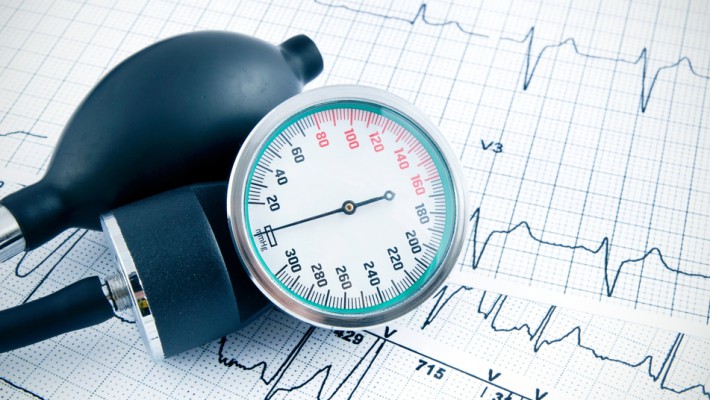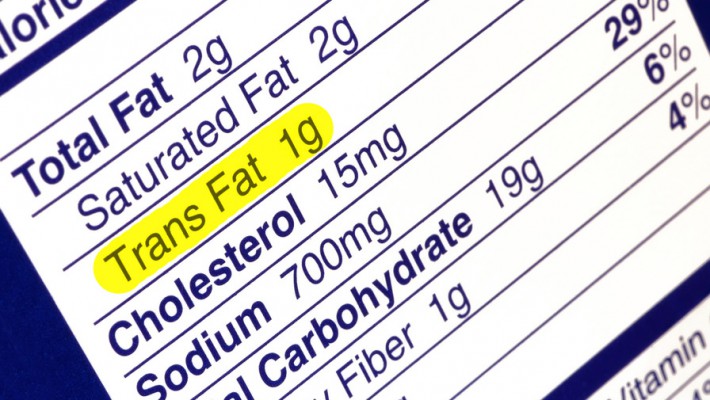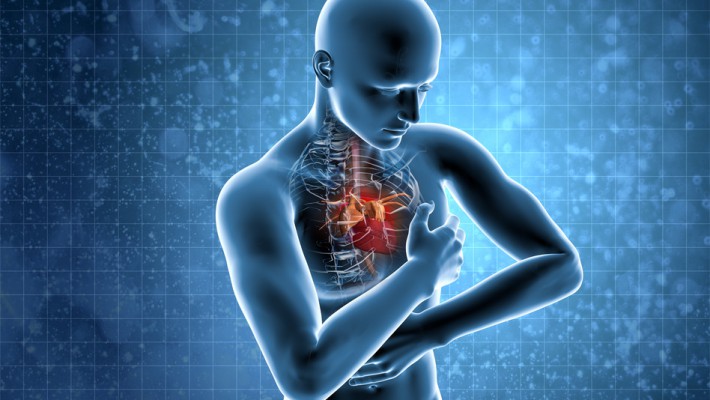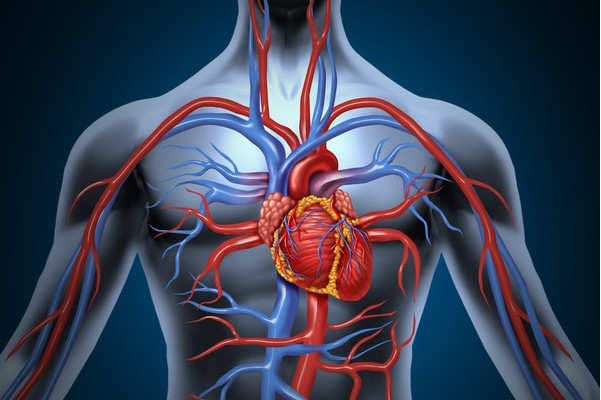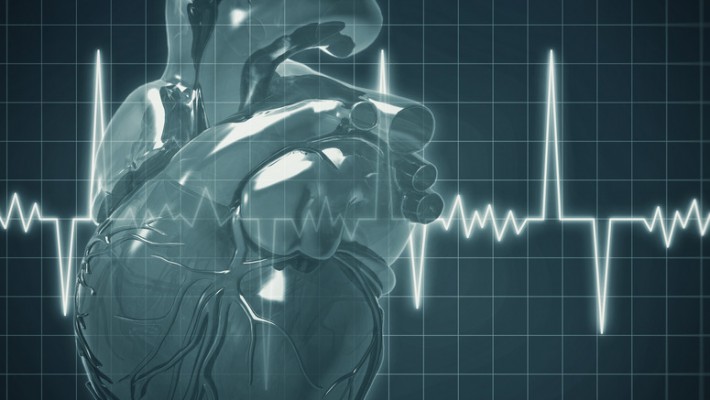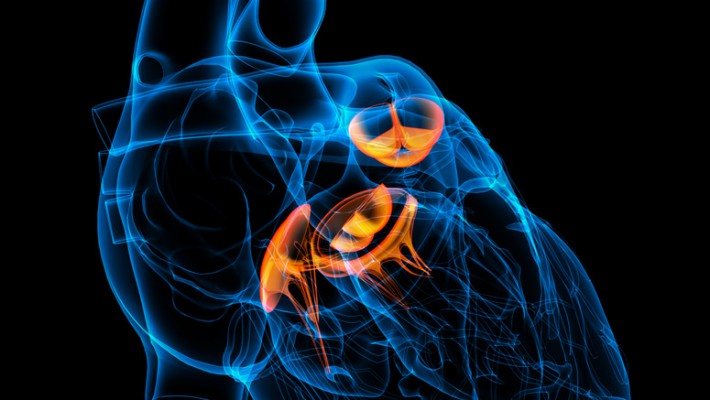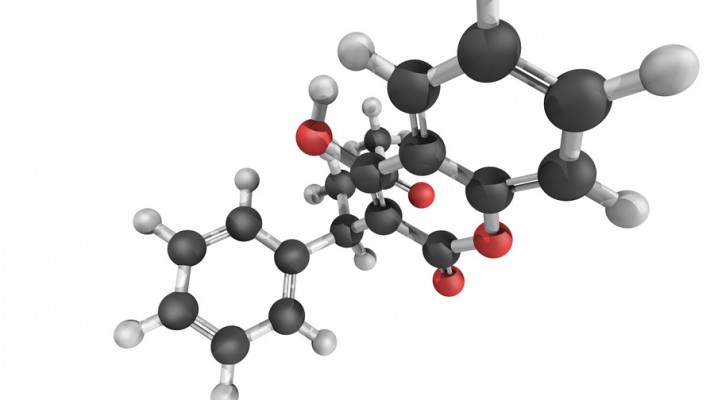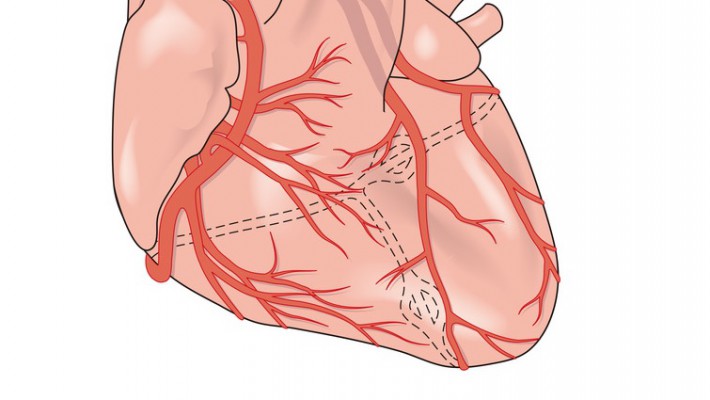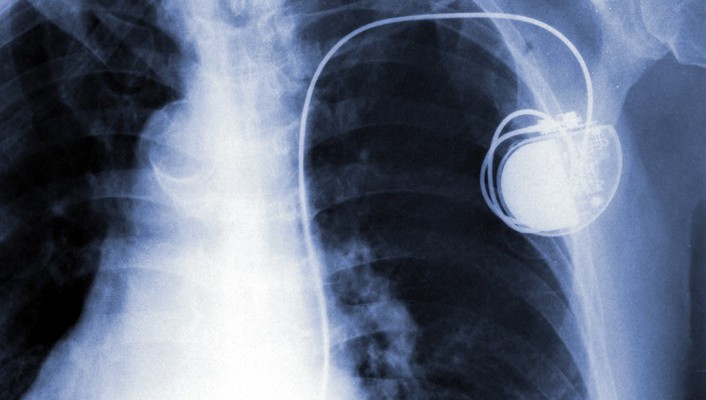A “Welcome to Medicare” preventive visit: You can get this introductory visit only within the first 12 months you have Part B. This visit includes a review of your medical and social history related to your health and education and counseling about preventive services, including certain screenings, shots, and referrals for other care, if needed. It…
Wellness Exams (Complete Physical)


